Navigation
- Introduction
- Donation for Reuse
- Secondhand Market Resale
- Curb Alerts and Freebies
- Scheduled Bulk Item Pickups
- Professional Junk Hauling
- Material Reuse and Recycling
- Buying a New Couch
- Conclusion
Introduction
Deciding to part with a sofa that's served its purpose can pose unique challenges compared to other unwieldy household discards. With environmental implications to consider, simply leaving a couch at the curb or dumping it illegally could prove socially irresponsible. This guide explores handy methods for responsibly relinquishing an outdated couch through donation, resale, recycling, and proper disposal.
Donation for Reuse
For homeowners aiming to dispose of an unwanted yet still usable couch, donation is an environmentally responsible option that allows the furniture to continue being of value. Numerous charitable organizations collect gently used donated couches and then provide them to individuals or families in need who cannot afford to buy new furnishings.
Researching and contacting local charities is the first step to find ones willing to accept furniture contributions in decent shape without major flaws or damage. Well-known national charities like Goodwill and Habitat for Humanity frequently operate retail donation centers and stores where they stock donated couches and then sell them at affordable prices. The proceeds from the sales fund social initiatives and vocational programs run by the charities.
To prepare the couch for its next owner, inspect it closely and make any repairs necessary so that it will be fully safe and functional for continued use. Thoroughly clean the couch cushions and treat any stubborn stains, tears, or marks to restore the furniture and maximize its visual appeal for future resale by the charity. Deodorize the fabric as well to eliminate odors.
When it comes to logistics, many charities offer the significant convenience of providing free scheduled pickups of donated couches directly from the donor's home. This spares the hassle and difficulty of the donor having to transport the bulky, heavy couch themselves. When arranging a pickup time, inform the charity of any access issues, obstacles, or size constraints they should be aware of at your location. On the scheduled moving day, have the cleaned and prepped couch by the doorway or curb to expedite the donation pickup process.

Secondhand Market Resale
Rather than donating, homeowners hoping to make some money from an unneeded couch can consider selling it through online resale platforms or local classified ads. This taps into the thriving secondhand furniture marketplace. Pricing the couch realistically based on its condition and attributes helps it sell more quickly.
To attract interested buyers browsing listings, take high-quality photographs of the couch that showcase its color, style, and overall condition from all angles. Compose the written post with detailed and descriptive information calling out the couch's dimensions, materials, manufacturer, comfortable features, and any other notable qualities.
Researching comparable local couch prices on resale sites provides a pricing baseline to list the couch accordingly. Pricing on the higher end makes sense for a couch in immaculate condition, while an adjustable lower price may sell a couch faster if it has some light wear and imperfections.
For local pickup sales, offering delivery of the couch to the buyer for an extra fee can make the listing more enticing and profitable. This spares the hassle for the buyer of arranging their own large furniture transport.

Curb Alerts and Freebies
Homeowners who simply want an expedient, convenient way to swiftly get rid of an unwanted yet still usable couch can consider giving it away for free. This avoids adding the bulky item to a landfill when it could serve another household. Placing the couch outside by the curb with a visible "free" sign or posting online curb alerts and giveaway listings enables quick, no-cost removal.
However, it is wise to first check local municipal laws and bulk waste policies, which may prohibit residents from leaving large furniture items sitting out by the curb if they obstruct public space or without an arranged waste pickup scheduled. Any illegally dumped curbside furniture that goes unclaimed for longer than what is permitted may incur public dumping fines.
To generate interest and claims on a curbside giveaway couch, create visually eye-catching signage that points to the free item. Supplement this with online posts on local giveaway groups or platforms, using accurate couch descriptions and quality photos to entice responses.
Once an interested party claims the free couch, confirm they have a prompt plan for removal, ideally as soon as possible. If the couch sits longer than allowed, it will likely require disposal as trash, contradicting the original intent of reuse. Monitoring and following up until the couch is taken helps avoid this outcome.

Scheduled Bulk Item Pickups
Many municipal waste management departments offer regularly scheduled large or bulk item trash pickups as a community service. These programs provide residents with a convenient option for properly disposing of oversized items like couches that are difficult to transport independently.
It is important to confirm the specific requirements, fees, restrictions, and protocols set by your local waste services provider for utilizing bulk trash pickups. Carefully following their guidelines is necessary, as improper curb placement or non-compliant items could potentially result in fines.
Some bulk pickup programs require residents to break down or dismantle large furniture pieces like couches to make them easier to collect and haul away. This may involve removing the couch's detachable legs, back cushions, seat cushions, covers, and other removable parts in order to flatten and collapse the item prior to pickup.
Likewise, most waste providers impose weight limits on the maximum size of individual pieces they will pick up curbside. Be aware of and adhere closely to any specified weight restrictions to avoid surcharges. Significantly oversized or overweight couches may warrant arranging an extra pickup or renting a temporary dumpster at added cost.
Professional Junk Hauling
For those willing and able to pay a fee for convenience, professional junk hauling and removal companies greatly simplify the process of responsibly disposing of an unwanted couch. They handle all the labor of carefully loading, securely transporting, and properly tipping the item using environmental best practices.
Vetting and comparing multiple competitive quotes from qualified local junk haulers helps ensure transparency and cost-effectiveness. Seek companies with solid credentials, licensed and bonded services, positive reviews, reasonable all-inclusive pricing, and upfront itemized quotes listing all fees.
When initially booking couch removal, communicate any scheduling timeframe preferences, parking limitations, staircases, tight corners, or other situational factors impacting pickup logistics. This allows the selection of an optimal pickup window that prevents clutter or obstacles.
Payment logistics is another key matter to address upfront when arranging professional hauling. Confirm expected payment timeline requirements and forms of payment accepted. Ask about any additional surcharges or hidden fees not covered in the initial quote. Understand the full pricing in detail before confirming services.

Material Reuse and Recycling
Some couches contain recyclable materials that can be reclaimed instead of landfilled, including scrap metal components, reusable fabrics, and wood framing or legs. Donating or selling these detached couch elements reduces discarded waste.
If the coach has any usable high-quality fabrics, cushions, or upholstery that are not overly worn, locate local textile recycling companies as potential avenues to donate the materials for reuse, repurposing, or resale.
Dismantling the couch enables separating out recyclable metal pieces such as springs, frames, or hardware that may be accepted by scrap metal recycling programs. Lumber components like solid wood legs could potentially be donated and recycled through organizations like Habitat for Humanity as well.
Ultimately, the goal should be maximizing diversion by recycling any portions of the unwanted couch that are realistically salvageable. Any remnants that are truly no longer usable at all should then be properly disposed of through the proper municipal waste channels and procedures.
Buying a New Couch
For homeowners seeking to replace an unwanted couch with new seating, a popular, trendy choice they may consider is a plush cloud couch prized for its softness and enveloping comfort. Assessing the options available helps match preferences to the ideal cloud couch model.
Cloud sofas get their name from the irresistibly billowy, pillow-like cushioning that makes you feel as if you are sinking into a cloud. They feature deep, overstuffed seats along with loose back cushions filled with fluffy polyester fiberfill or down alternatives to optimize comfort and support. The puffy cushioning promotes relaxation, while the couch maintains structure.

When selecting a new cloud couch, priorities may include considerations such as desired aesthetics, size, ideal dimensions to fit the intended space, upholstery color and pattern options, construction quality, and budget. Comparing cushion fill materials, underlying frame structure, and overall workmanship among different couch brands and models is recommended.
Test sitting and reclining on the couch in person at furniture showrooms whenever feasible. Ultimately, hands-on experience allows the best assessment of comfort, seat depth, and support levels. Durability and easy-to-clean fabric are also ideal sofa traits for longevity and maintenance. Measure available floor space and entryways to determine the perfect couch size and proportions for both functionality and appearance.

@livingitcountry's relaxation on the Kenna Sofa is the best interpretation of the comfort of the cloud sofa
Conclusion
Disposing of a tired couch responsibly requires planning but pays off through resource conservation. Donation, resale, recycling, and proper waste disposal offer eco-friendly paths for keeping couches from landfills. Any replacement couch should be carefully selected for longevity and valued usage. With mindful furniture transitions, communities and households can uphold sustainable living.

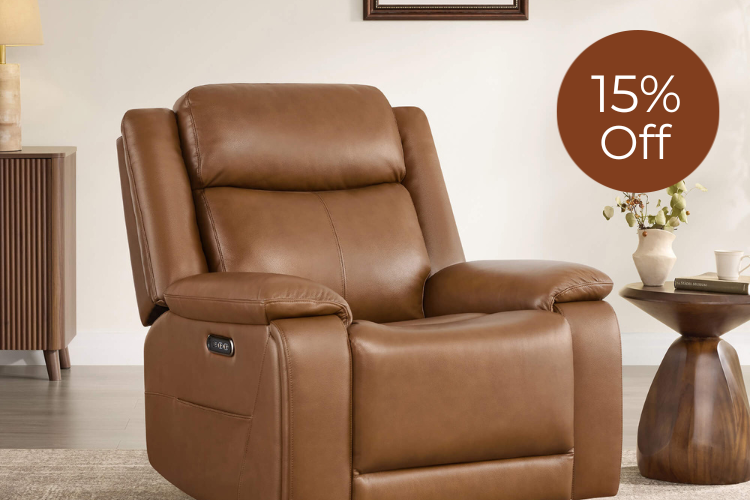
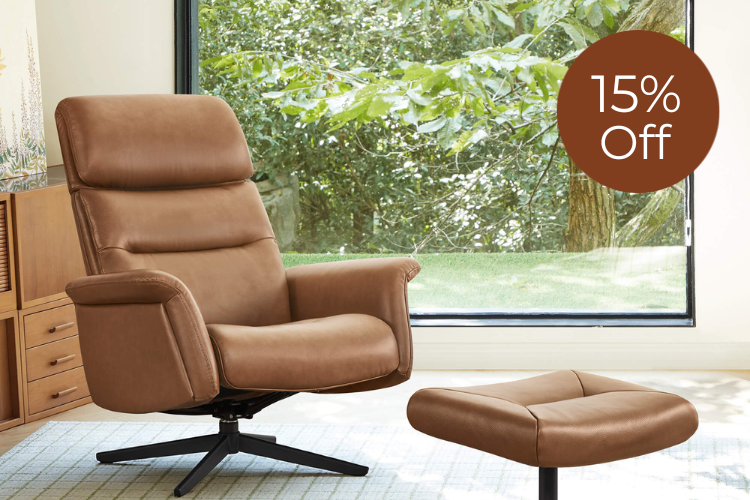




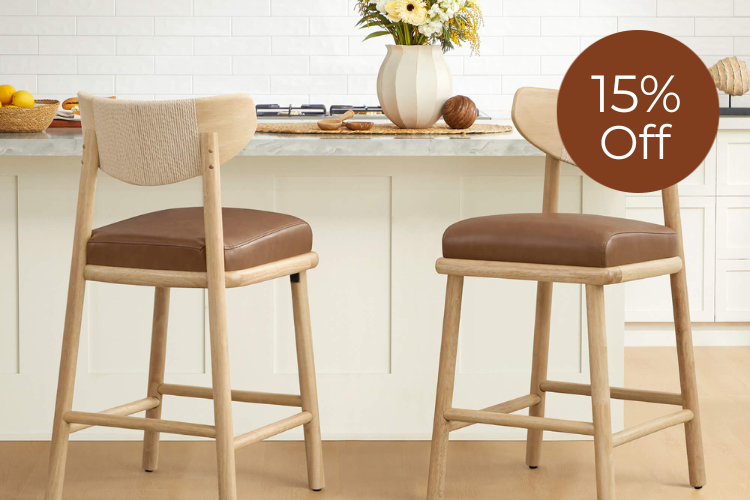


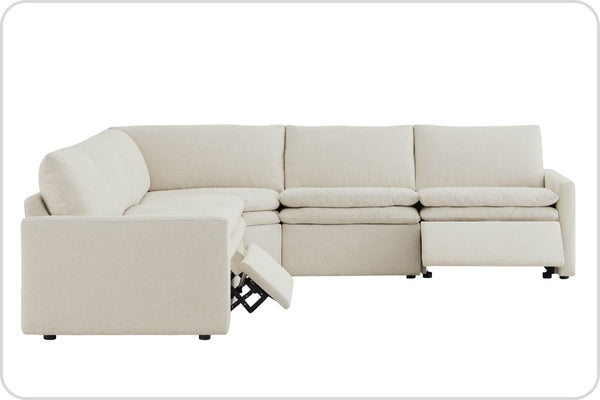
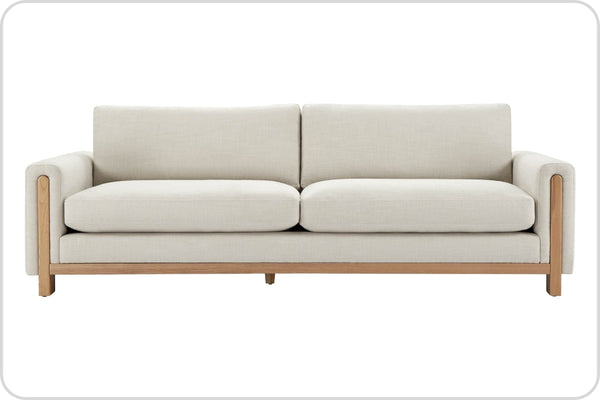
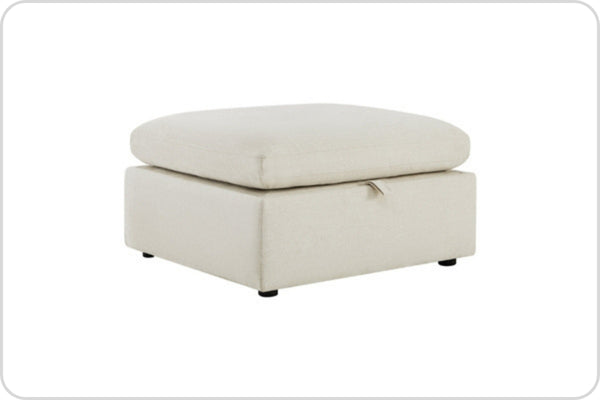
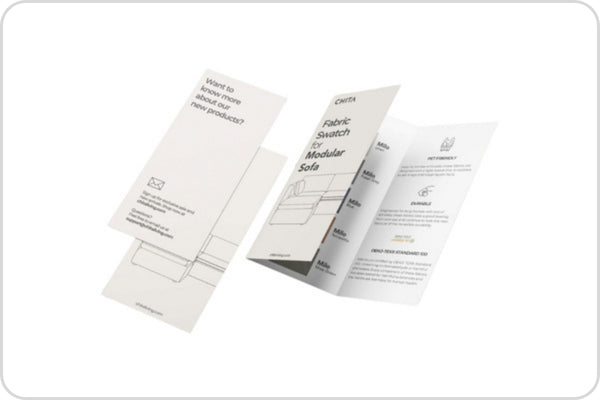

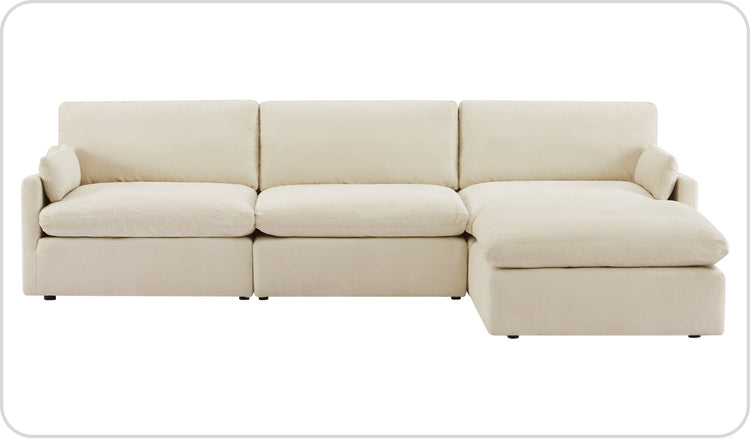

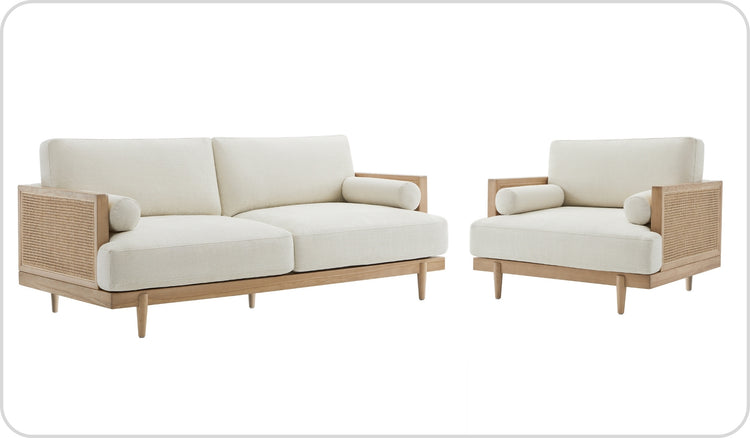


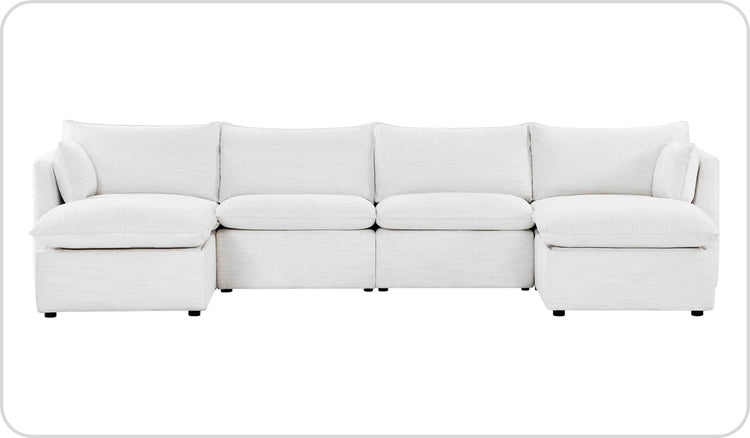

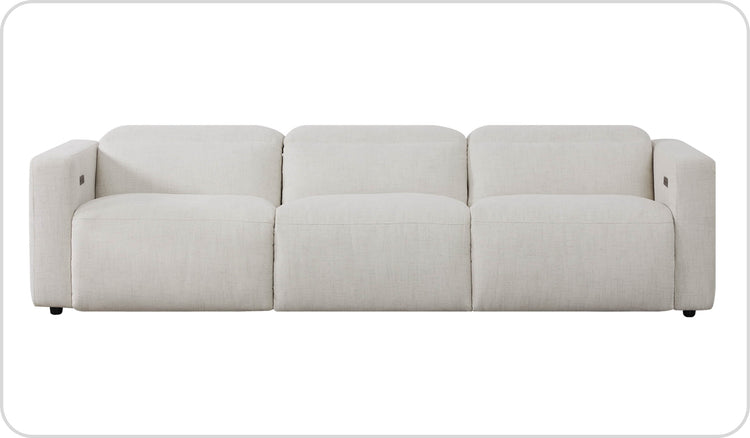


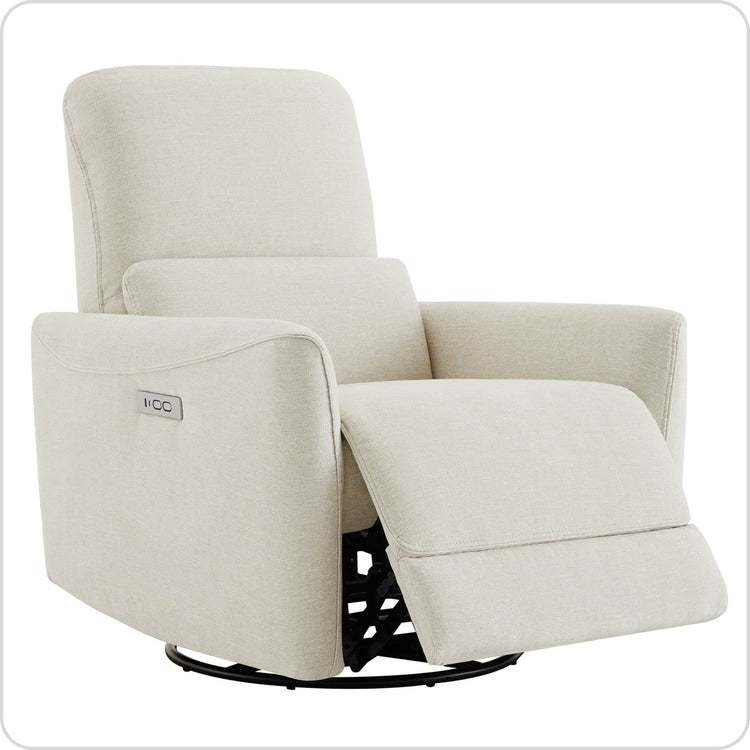
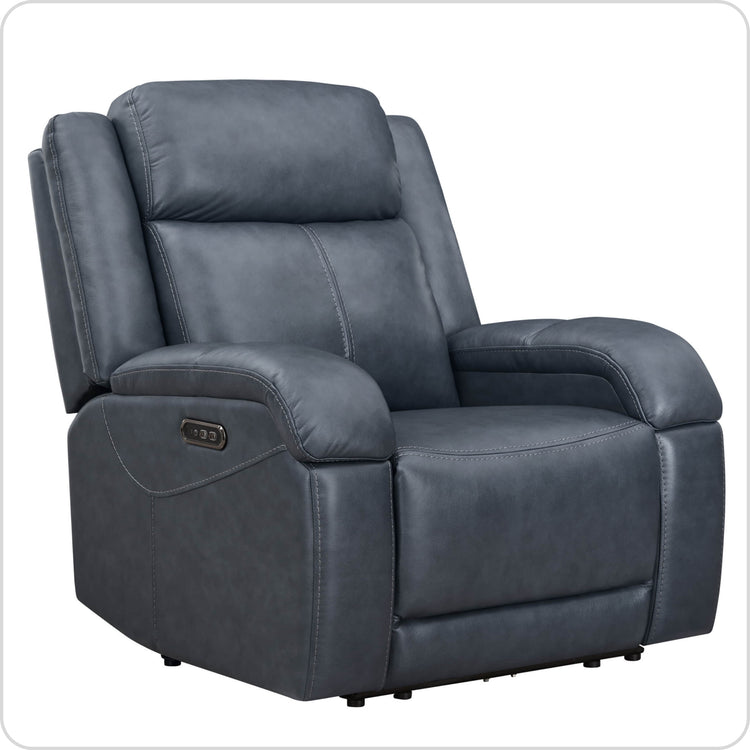
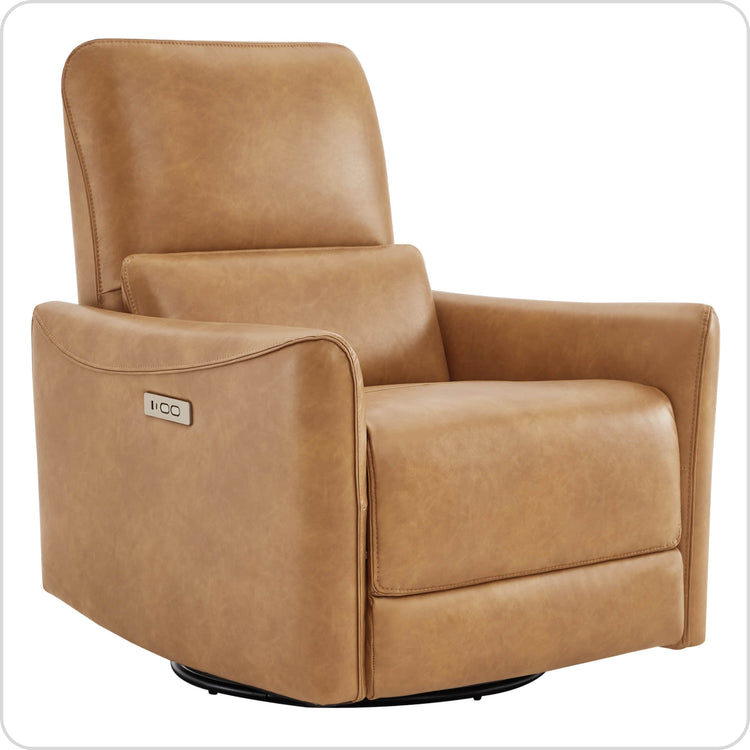



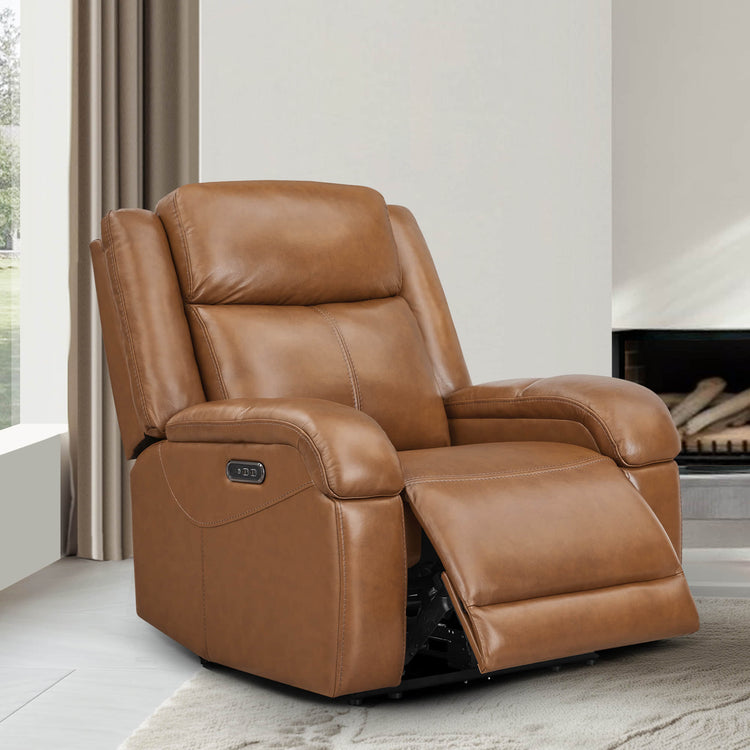

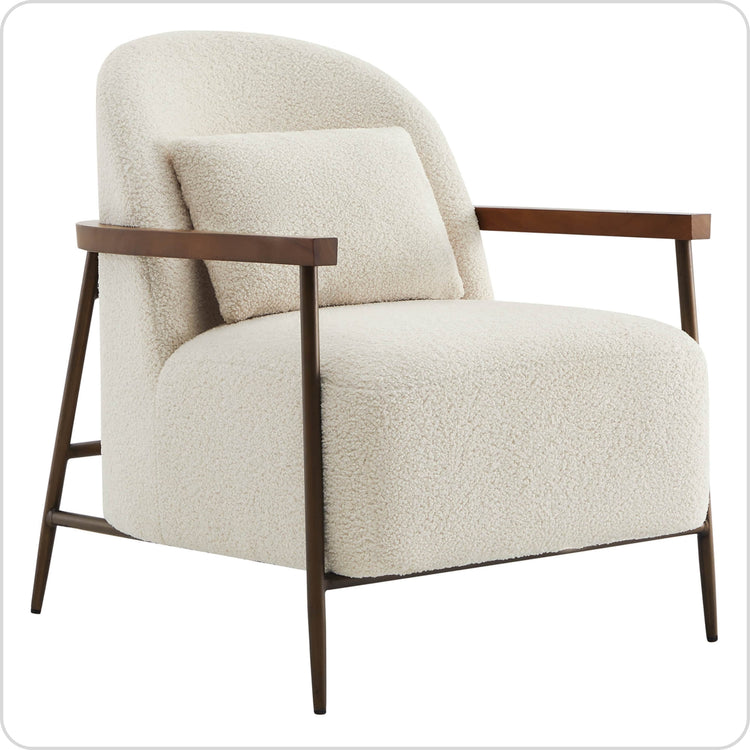
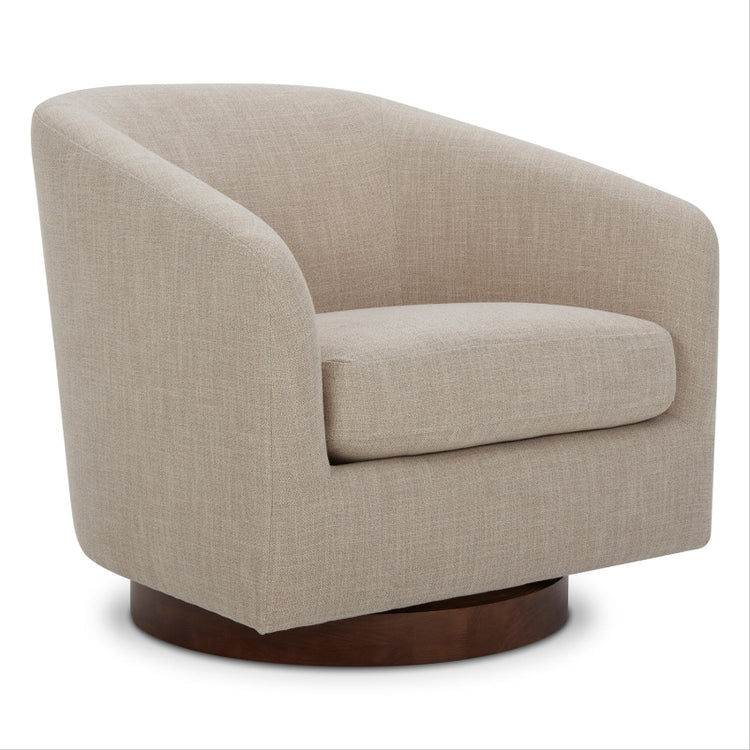
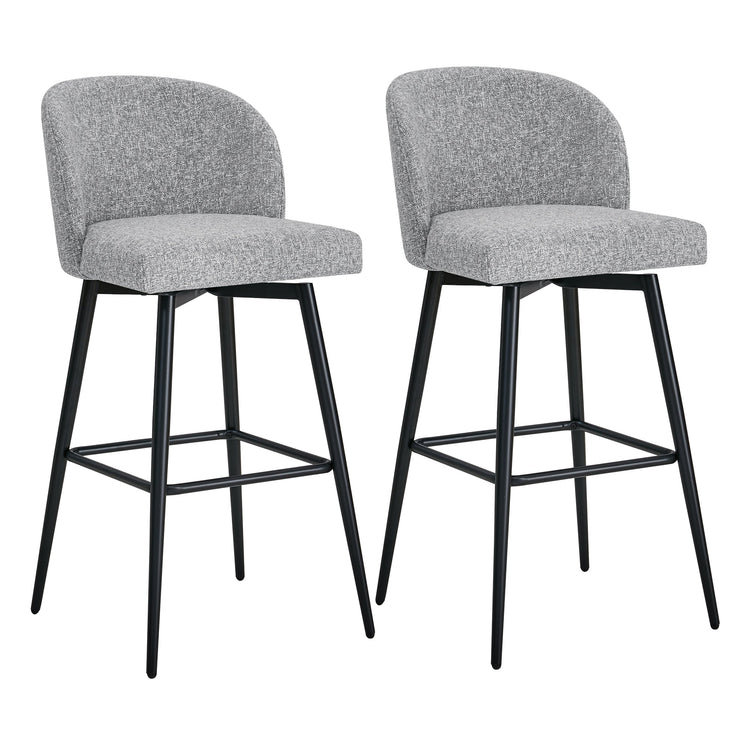

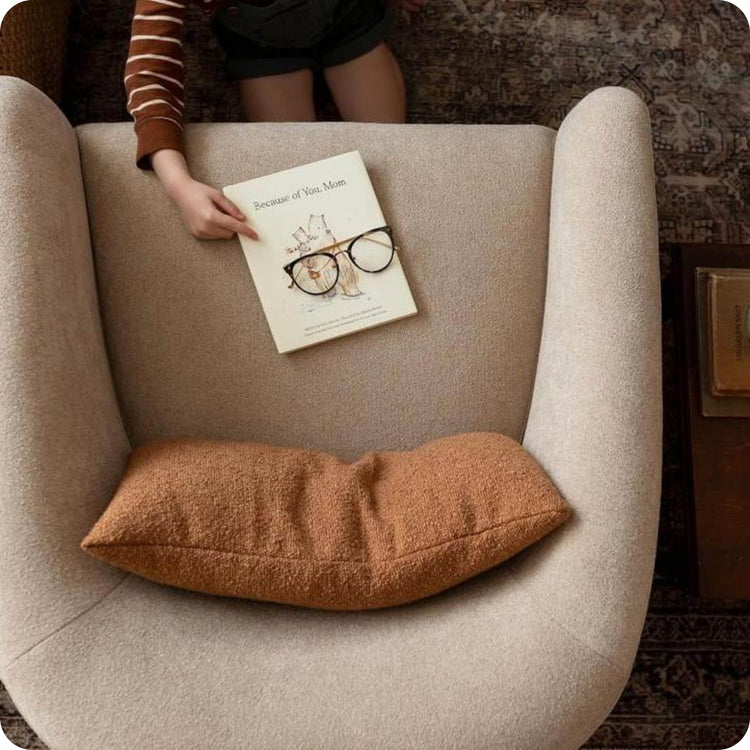
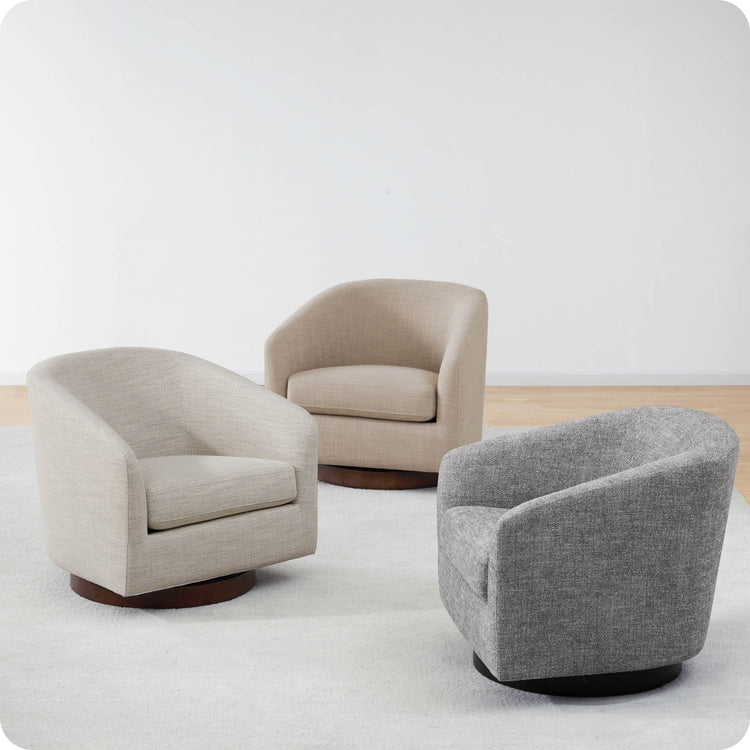

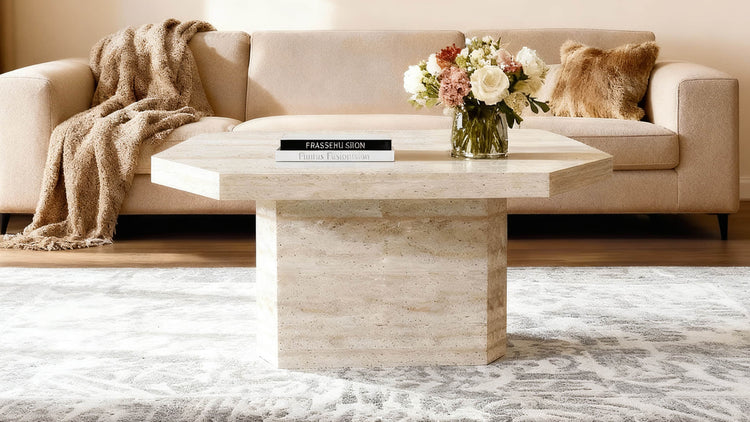









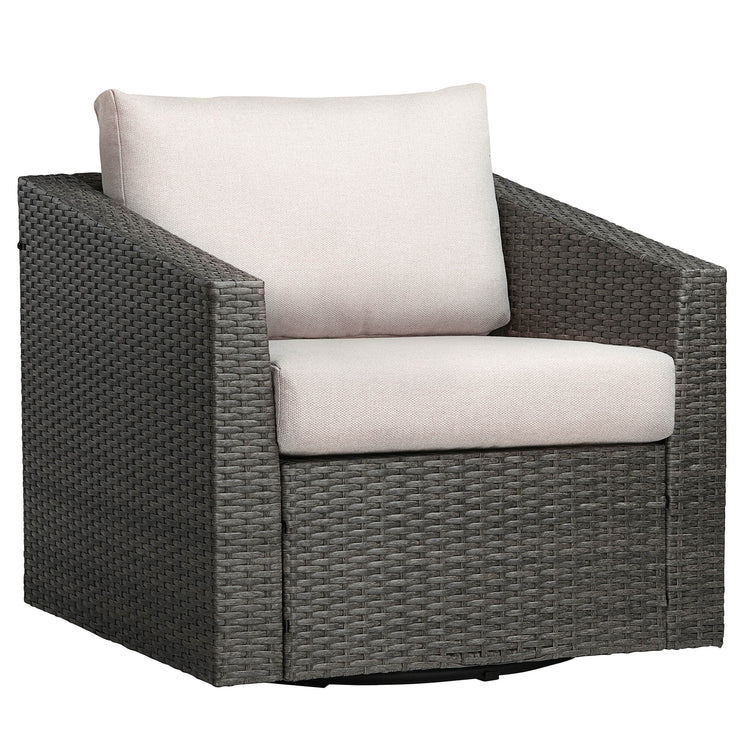

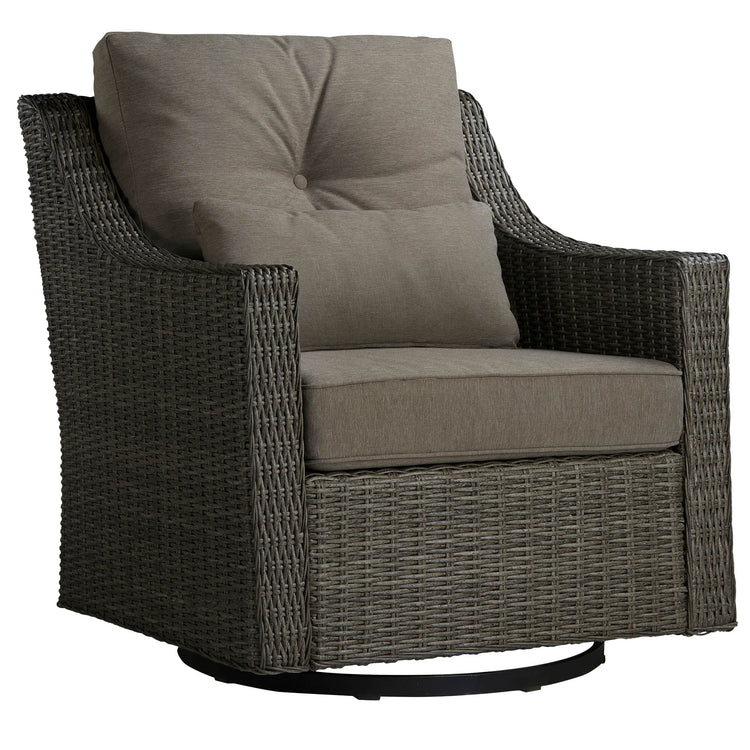
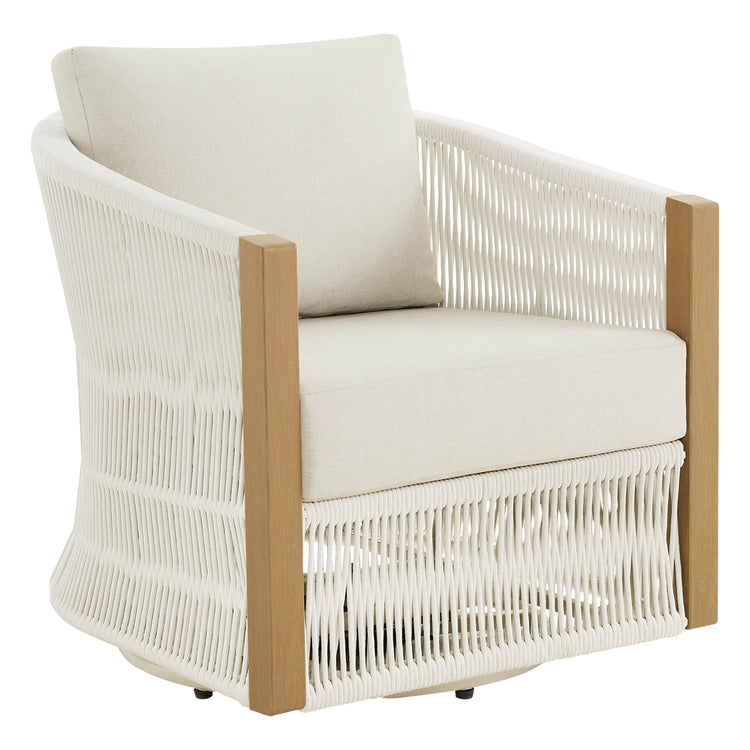
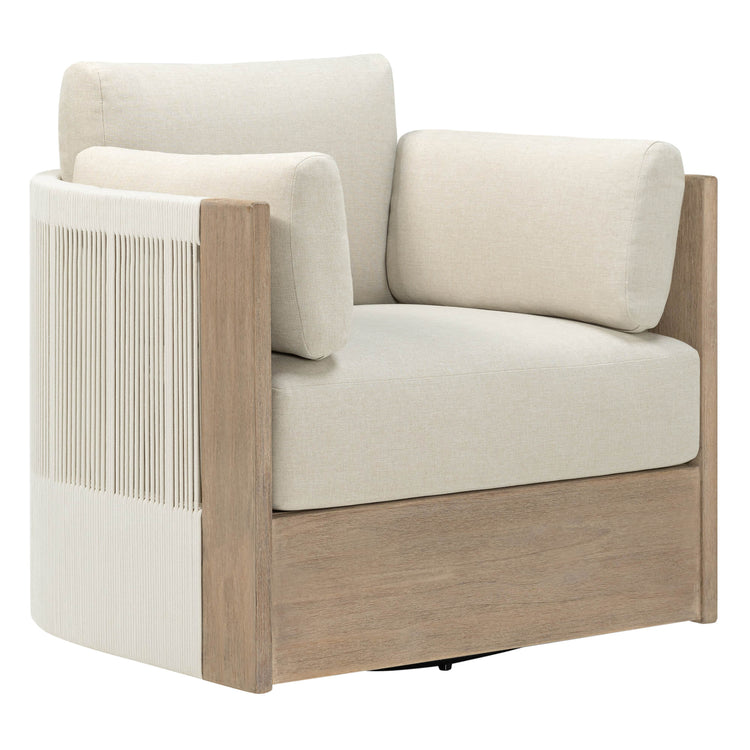







3 comments
Such a helpful guide! It’s great to see practical and eco-friendly options for getting rid of an old sofa. Donating to charities and exploring secondhand resale are both excellent ways to extend the life of furniture. I also appreciate the tips on cleaning and preparing the couch before donation. This ensures it can be reused and enjoyed by someone else. Thanks for sharing these thoughtful and sustainable solutions
Such a helpful guide! It’s great to see practical and eco-friendly options for getting rid of an old sofa. Donating to charities and exploring secondhand resale are both excellent ways to extend the life of furniture. I also appreciate the tips on cleaning and preparing the couch before donation. This ensures it can be reused and enjoyed by someone else. Thanks for sharing these thoughtful and sustainable solutions
Such a helpful guide! It’s great to see practical and eco-friendly options for getting rid of an old sofa. Donating to charities and exploring secondhand resale are both excellent ways to extend the life of furniture. I also appreciate the tips on cleaning and preparing the couch before donation. This ensures it can be reused and enjoyed by someone else. Thanks for sharing these thoughtful and sustainable solutions